Focus On: 25 Years of Oslo
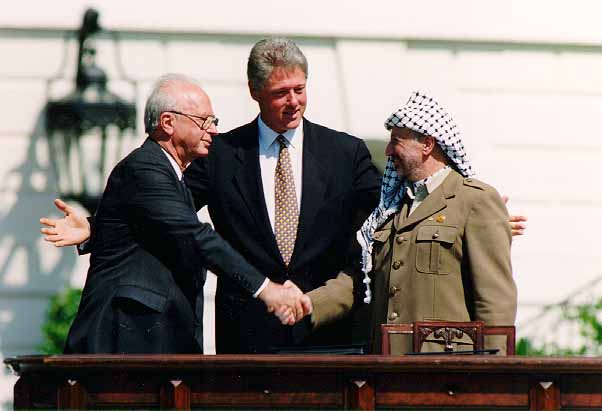
In this compilation Al-Shabaka’s top analysts dissect the Accords’ political and economic dimensions and discuss their repercussions for Palestinians while also providing recommendations on ways forward.
Reclaiming the Political Dimension of the Palestinian Narrative
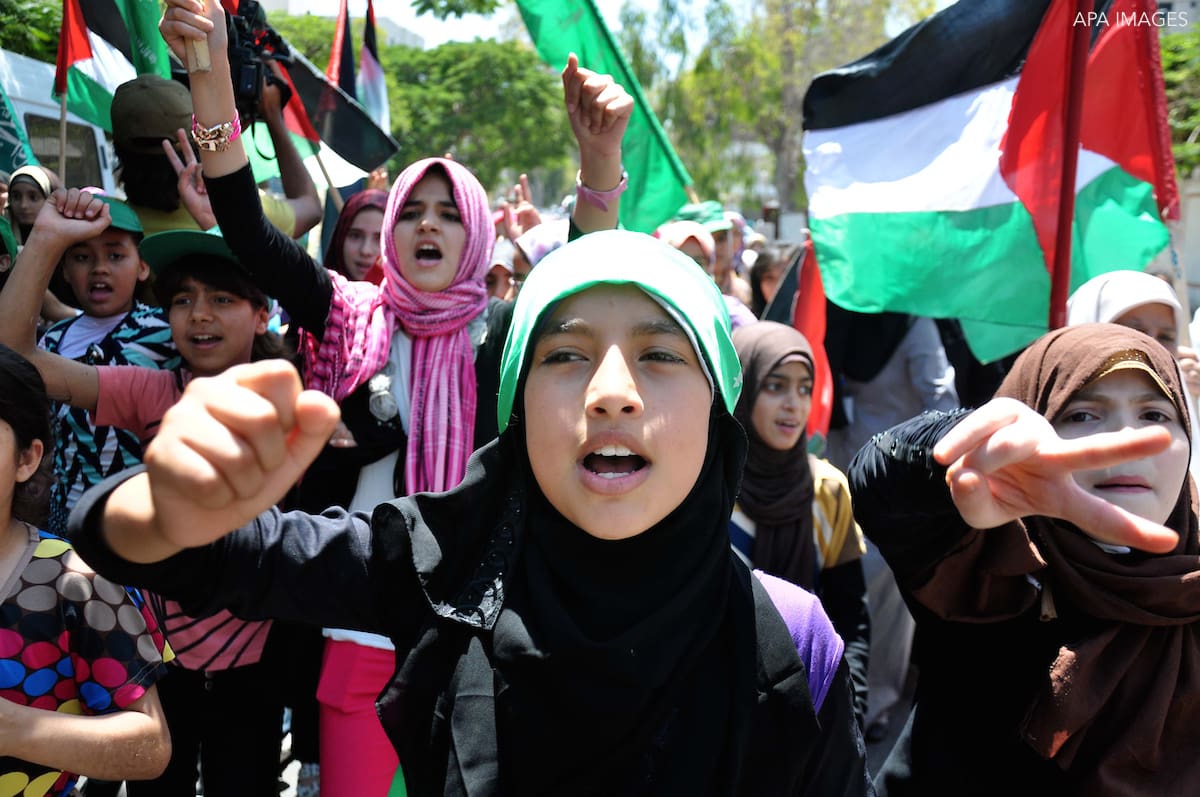
Editor’s Note: This piece launches Al-Shabaka’s Narrative and Discourse Policy Circle, in which a team of Al-Shabaka policy analysts are working together across borders to tackle the question of whether Palestinians should have a sole, legitimate narrative and, if so, what it should be. An Al-Shabaka policy circle is a specific methodology to engage a group of analysts […]
Kushner’s Ongoing Assault on Palestinian Refugees

The US administration is waging an assault against Palestinian refugees. Al-Shabaka US Policy Fellow 24598 analyzes US cuts to UNRWA and Congressional bills that aim to reconstitute the state of Palestinian refugees to squelch Palestinian claims to sovereignty and repatriation, and suggests strategies that pro-Palestinian constituents and civil society can use to counter these acts.
Satellite Imagery and the Palestine-Israel Exception
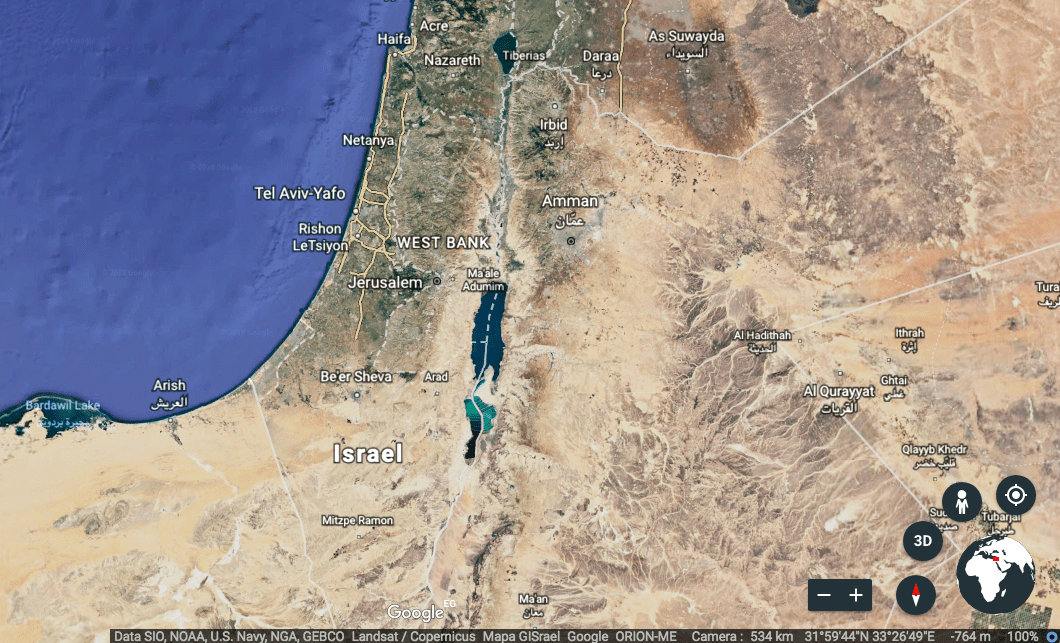
The rules that apply to the rest of the world have long applied differently to Palestine-Israel, and this even extends to satellite imagery. Al-Shabaka US Policy Fellow 24598 examines how a US law limits such imagery’s quality, circumscribing research as well as the documentation of Israeli human rights violations, and recommends ways to correct this wrong.
Palestinian Leadership: What a New Model Might Look Like
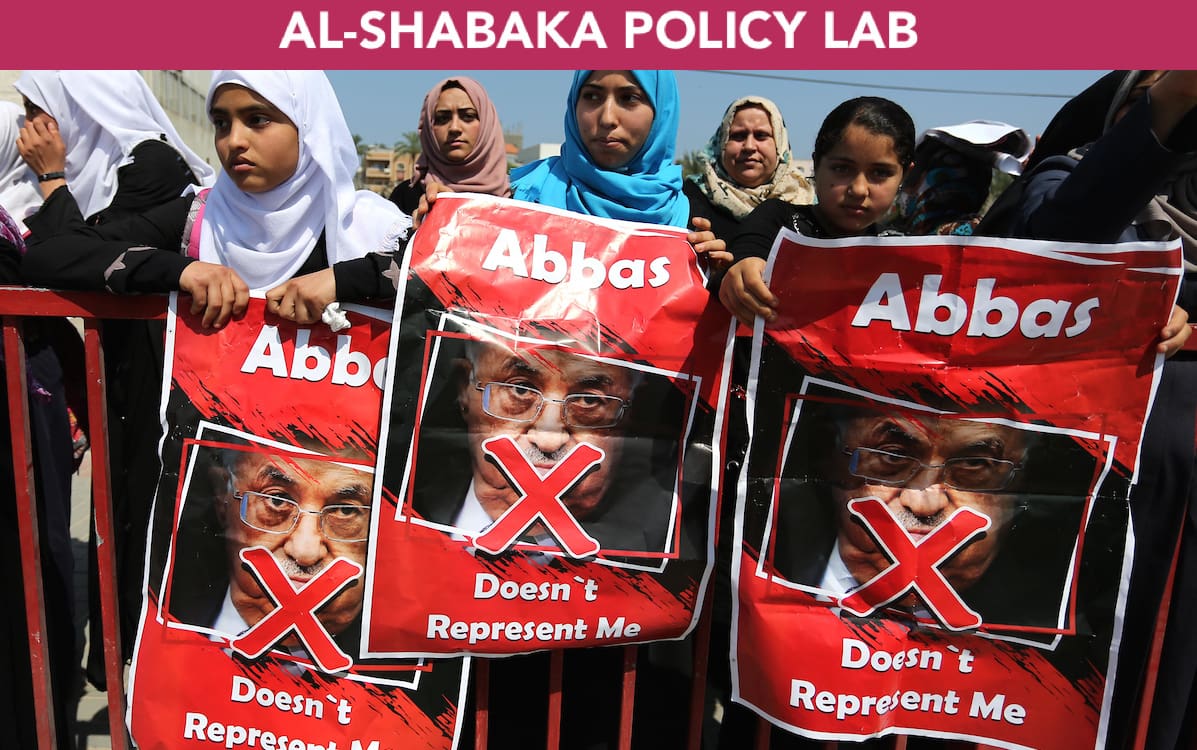
Current Palestinian governance is facing a legitimacy crisis. So what alternative options exist? Is a fully representative leadership even possible in the Palestinian context? Al-Shabaka analysts Marwa Fatafta and Fadi Quran will explore these questions and more in our second policy lab, facilitated by Alaa Tartir.
Allying Against Iran: Repercussions for Palestine
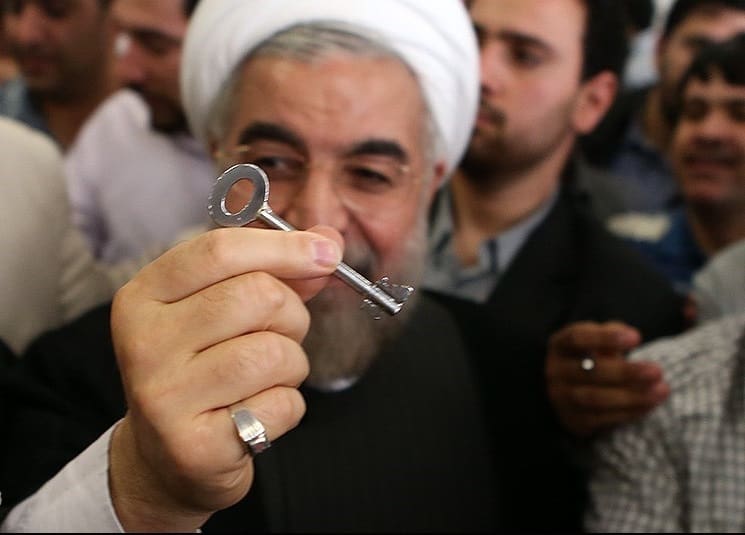
Trump’s administration and Israel are pressuring Palestinians to accept a disastrous deal in part to cement closer relations with Gulf states against Iran. Al-Shabaka’s Diana Buttu, Osamah Khalil, and Mouin Rabbani examine how US actions work to the detriment of Palestinians, the repercussions of these developments on Hamas-Iran relations, and what Palestinians can do in response.
Back to the Future: The Great March of Return

Gaza’s March of Return has brought crucial questions to the fore regarding the Palestinian cause and the status of the Strip. Gaza-based Al-Shabaka Analyst Haidar Eid examines these questions and concludes that the March is creating a new awareness rooted in Palestinian unity across all geographies, the goals of the BDS movement, and a rejection of the two-state solution.
The EU Must Fight the US Embassy Move to Jerusalem

In the face of the US embassy move, Al-Shabaka Policy Fellow 24588 argues that the European Union remains one of the few spaces left to pursue Palestinian rights in the international arena. She proposes immediate steps the EU can take to uphold its commitments to Palestinians, including boycotting diplomatic meetings and functions at the new US embassy.
Palestine Sets Precedent with Legal Complaint
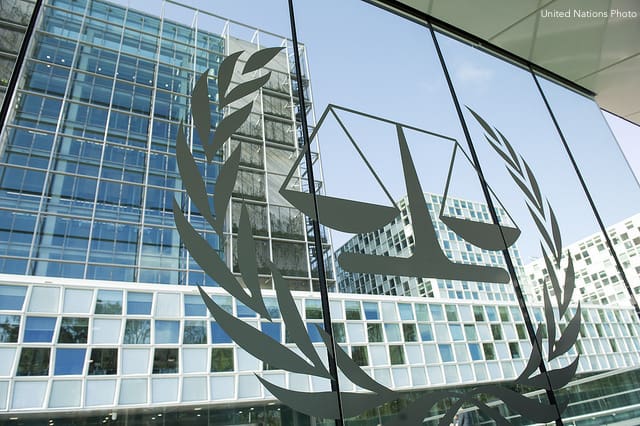
Palestine recently submitted a complaint with the UN Committee on the Elimination of Racial Discrimination involving Israeli violations of the rights of the Palestinian people. Al-Shabaka Policy Analyst Zaha Hassan outlines why the complaint’s findings could build the factual and legal basis for prosecutions in international courts against Israeli officials as well as the state of Israel itself.









